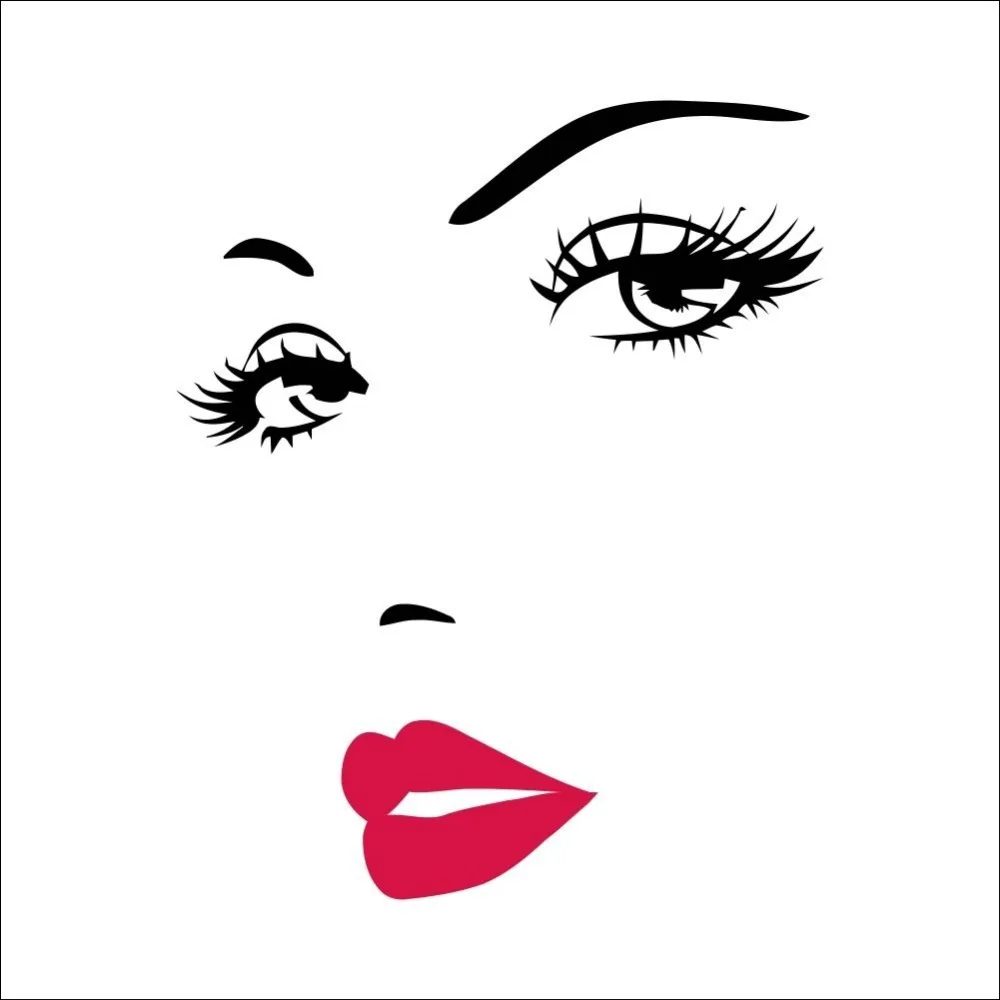Esiste, altro dalla depressione atipica. Un'amica , disinibita, sorrisi da 'arlecchino', si è tolta la vita. <Sembrava così felice>. Come appariva era invece opposto a come si sentiva. La depressione, per esempio, non è solo stare a letto piangendo tutto il giorno sino alla fine.Vivere con un disturbo mentale può risultare invisibile, avendo molte persone imparato a mascherarne i sintomi. Questa è sostanzialmente la depressione sorridente, caratterizzata dalla facciata di felicità, mentre si sta combattendo la depressione. Chi ne soffre sovente sembra contento e vincente, specie quando appare magicamente un 'successo'. E' facile smarrire i sintomi della depressione, confondendoli con pigrizia o ritenendoli immotivati, con conseguenti sensazioni di propria inutilità e colpa. Allora parecchi interpretano le cose positivamente, per cui si presentano o rispondono con il sorriso della buona educazione.
Le ragioni per cui si cela la malattia sono svariate, la vergogna e l'impatto negativo sugli altri, evitare di diventare un peso, sentirsi colpevoli di attraversare tale fase nonostante tutto quanto di buono hanno che dovrebbe renderli soddisfatti e grati. Personaggi famosi confidano il loro disagio interiore; eppure resta difficile per chi sta fuori dai riflettori dichiarare apertamente la stesso stato mentale.
Dimagrisci troppo? Solo la madre si preoccupa, chi ti frequenta pensa a un problema fisico.
La società chiede di dare il meglio e fare buona impressione.
La psichiatria tarda a catalogare questa forma di patologia 'sorridente'.
Sempre più bravi a nascondere la propria infelicità dietro un'immagine curata e calcolata, sia al lavoro sia in famiglia. Si evita di condividere all'esterno la condizione interna depressa o confusa.
Lo psicologo (americano) ritiene che l'abbandono del costume 'arlecchinesco' per nascondere il mal di vivere sia più agevole dove è improbabile un giudizio negativo esterno: la comunità per terapia di gruppo. Chissà, forse e per un tempo limitato io penso, anche con riferimento a popolazioni di cultura e carattere diversi. Homo homini lupus alla fine vale dappertutto.
Il sorriso isola, l'ammissione si strozza in gola per la paura di vedere nel viso di chi ascolta stupore o pena. Cosa che non dovrebbe succedere invece in ambiente protetto e terapeutico, perché: <Ecco non sono sola (o solo)>.
Rimedi?
L'intestino, il cd. 2° cervello, assuma meno zuccheri, abbandoni del tutto l'alcool per impedire infiammazioni, che sono connesse alla depressione. Eppoi, meno tempo sui social media e più relazioni con il prossimo, obbligatoria l'attività fisica con almeno 15-20 minuti di camminata al giorno per produrre l'indispensabile dopamina, sonno anticipato alle 22 previo relax (libro, radio, diario..).
Attenzione, la depressione è aumentata del 33% negli ultimi 5 anni! (Well+Good, February 22,2019).

An unknown sickness: the smiling depression
An old friend- a lingerie-loving sprite with a harlequin grin- took her life. "She seemed so happy". How she seemed is clearly not indicative of how she actually felt. Depression, for example, isn't limited to an image of crying in bed for days on end.
So living with a mental disorder can look like nothing , because many people have learned to mask their symptoms. This basically sums up smiling depression, which is characterized by maintaining the facade of happiness while battling depression.
Sufferers often appear joyous and successful in all typical parts of life "success" conjures . It's common to not notice their own symptoms of depression, you may just think that they are lazy or unmotivated, which increases feelings of worthlessness and guilt.
For many, all this comes under the guise of everything being "fine" and presenting themselves with a smile. There are many reasons someone may intentionally mask their depression, such as fearing the shame of the stigma of depression and the possible negative reactions of others, not wanting to burden others, or feeling guilty that they are depressed when they have so many objectively good things in their life for which they should be grateful or happy.
We're socialized to put our best foot forward and make a good impression on others.
No matter how many celebrities champion speaking openly about mental illness, it is really, really hard to megaphone that you're not okay.
We're getting better at hiding that we're unhappy on our perfectly curated (and calculated) social profiles, at our having-it-all-together business meetings, and with our loved ones we're rather not burden.
So it's important to find a safe haven, like group therapy or some other form of formal help. There you can drop the mask of smiling depression and freely talk about their difficulties.
It seems that many inadvertently use their smiles to isolate themselves but in the community you say "I'm not alone".
It works in America, I don't know how much and how long it could work, mostly in populations which differ in culture and in character. At the end the Latin "Homo homini lupus" i.e. that a man is a wolf to man is worth everywhere.
For helping ease symptoms of depression? A makeover to your gut. Inflammation has been linked to depression, then start to reducing sugar intake, eliminate alcohol. Take a break from social media, make plans with your people and stick them, move more at least 15-20 minutes of moderate walking per day, get enough sleep.
Mind you! Depression rates have spike by 33 percent in the past 5 years. (Well+Good, February 22, 2019)
Comments
Post a Comment